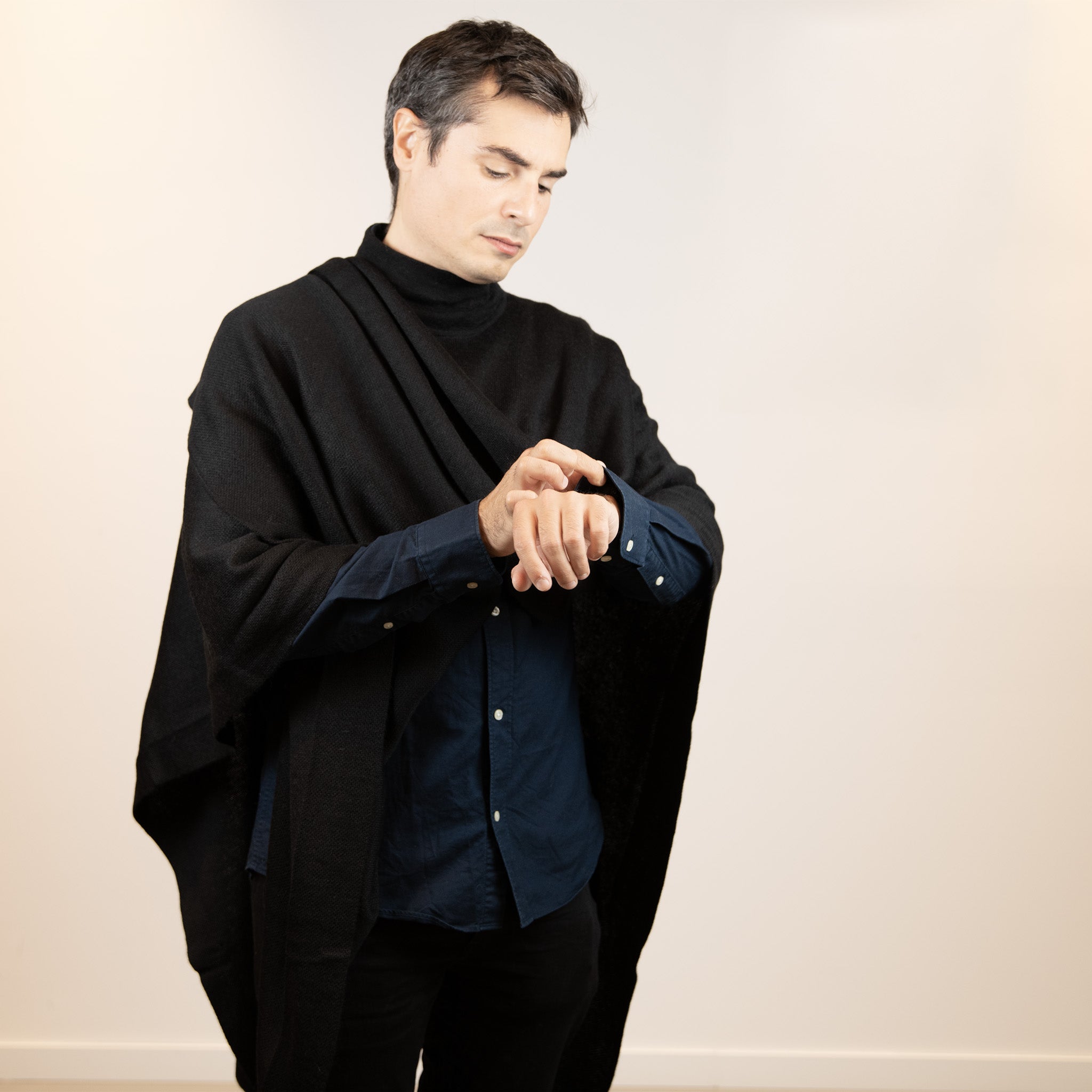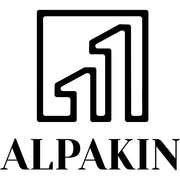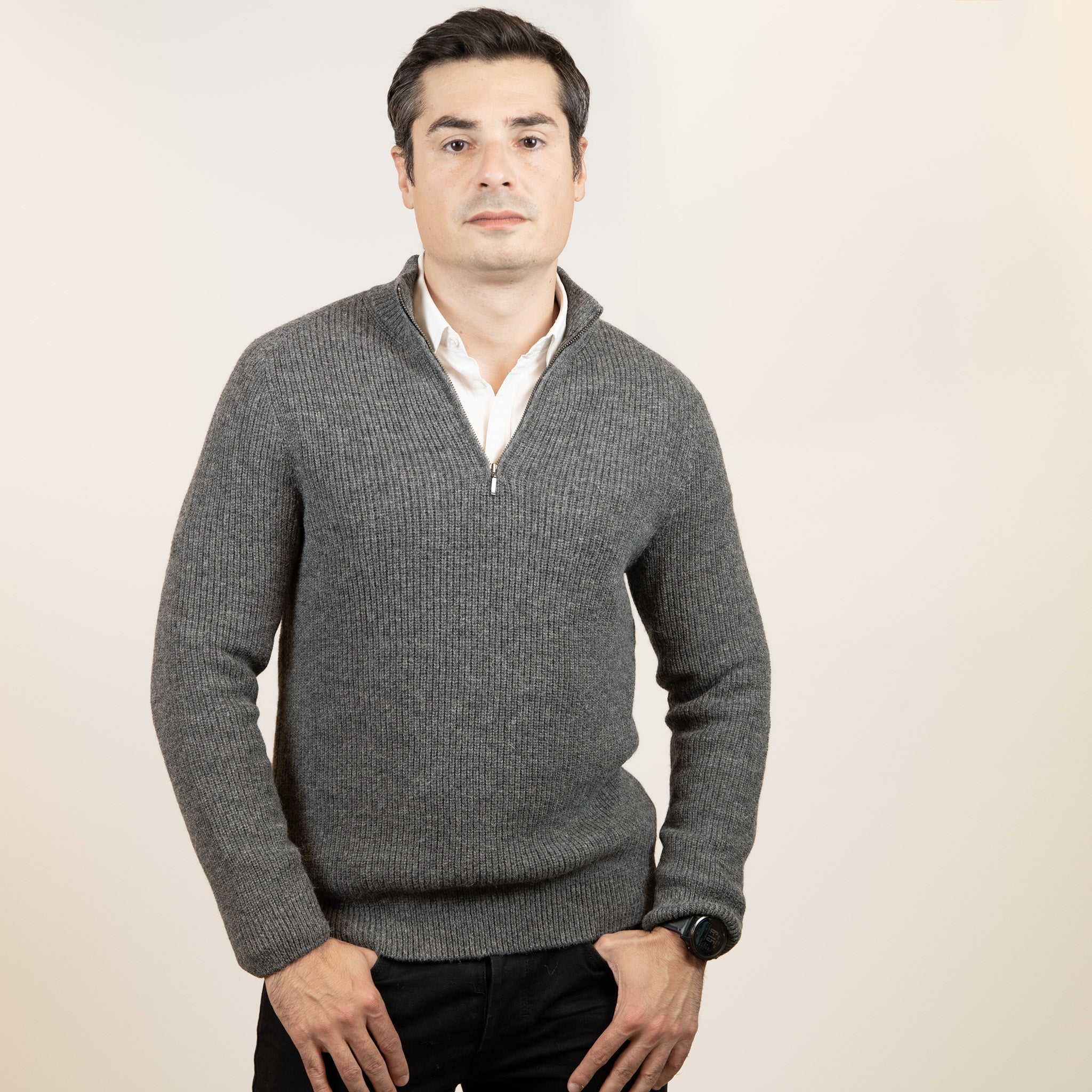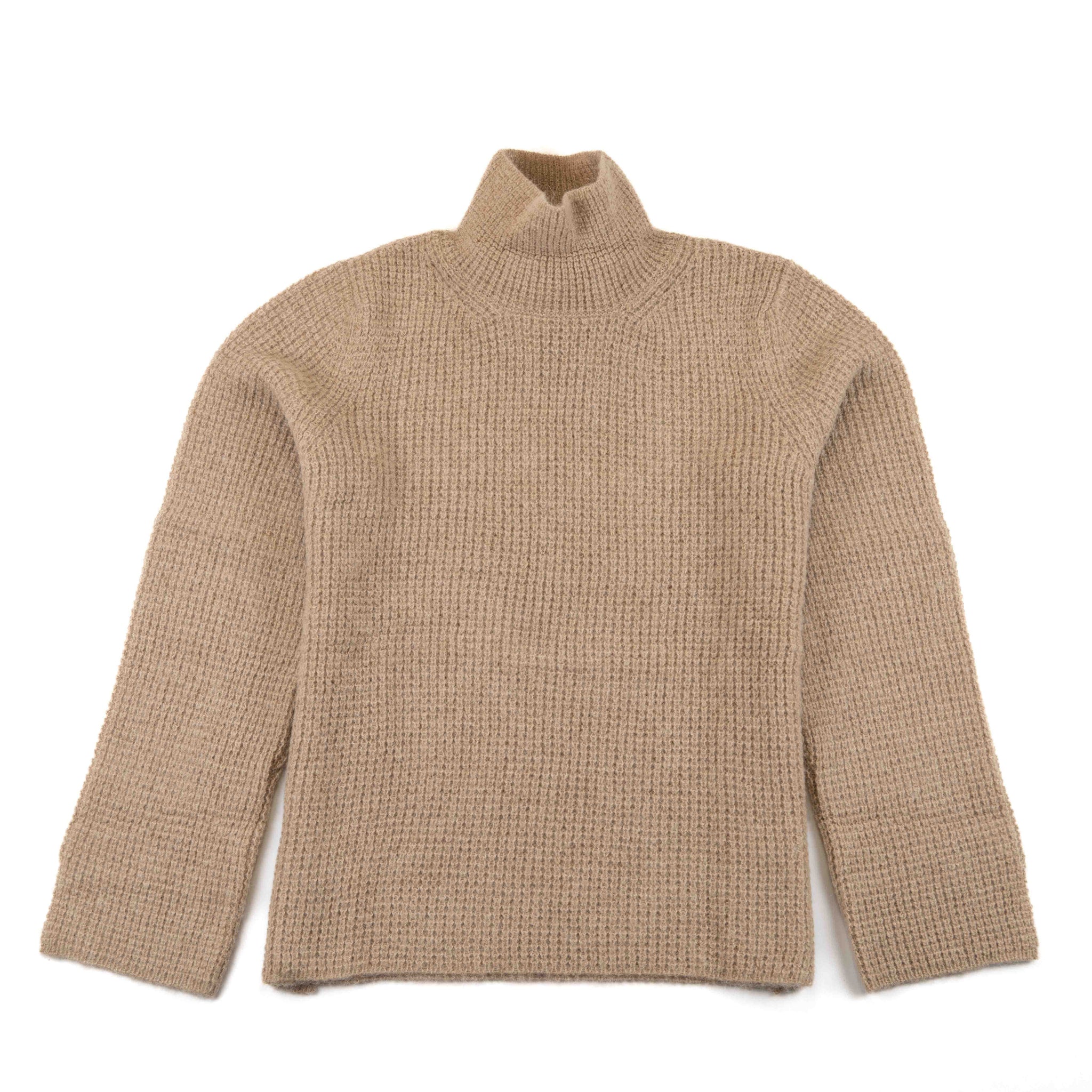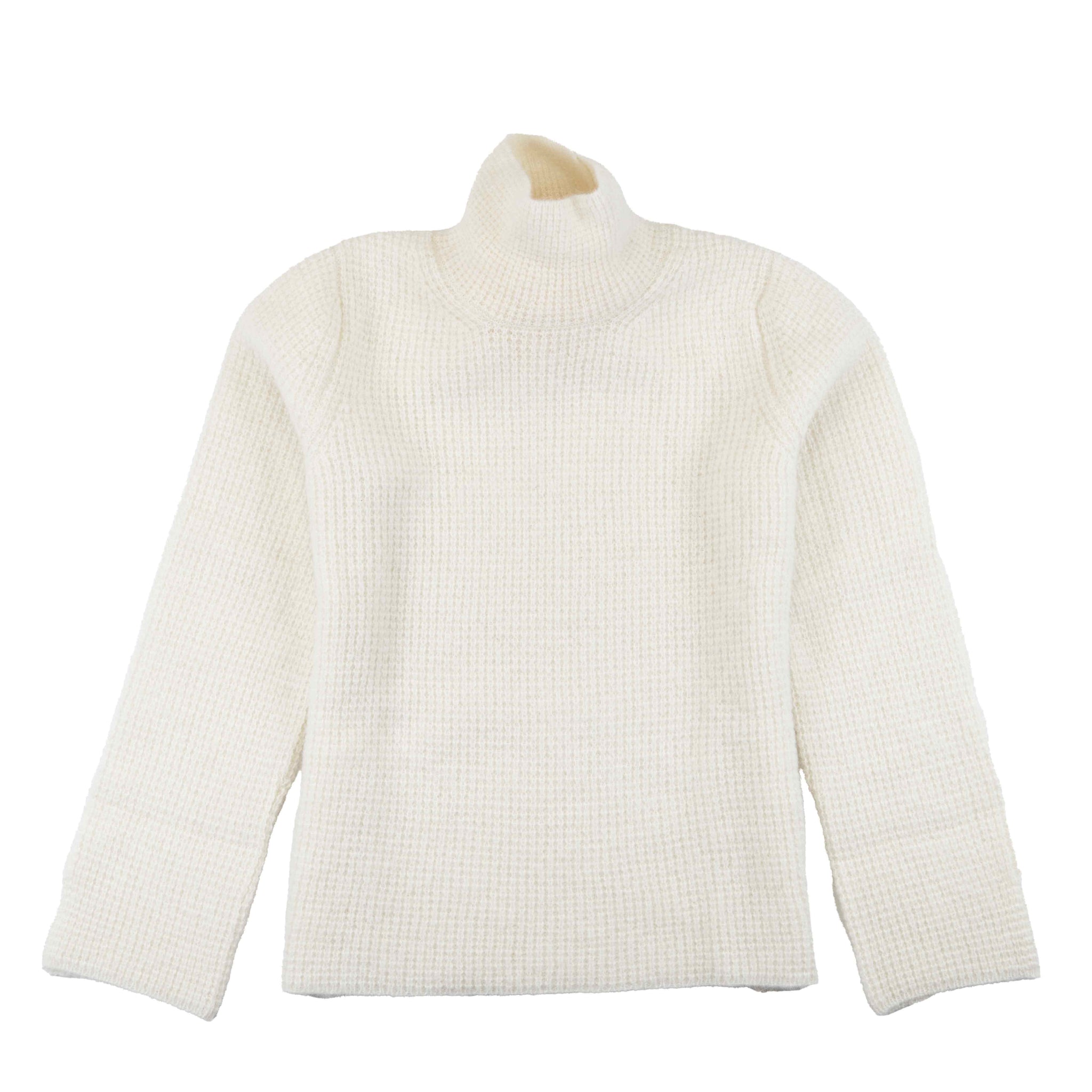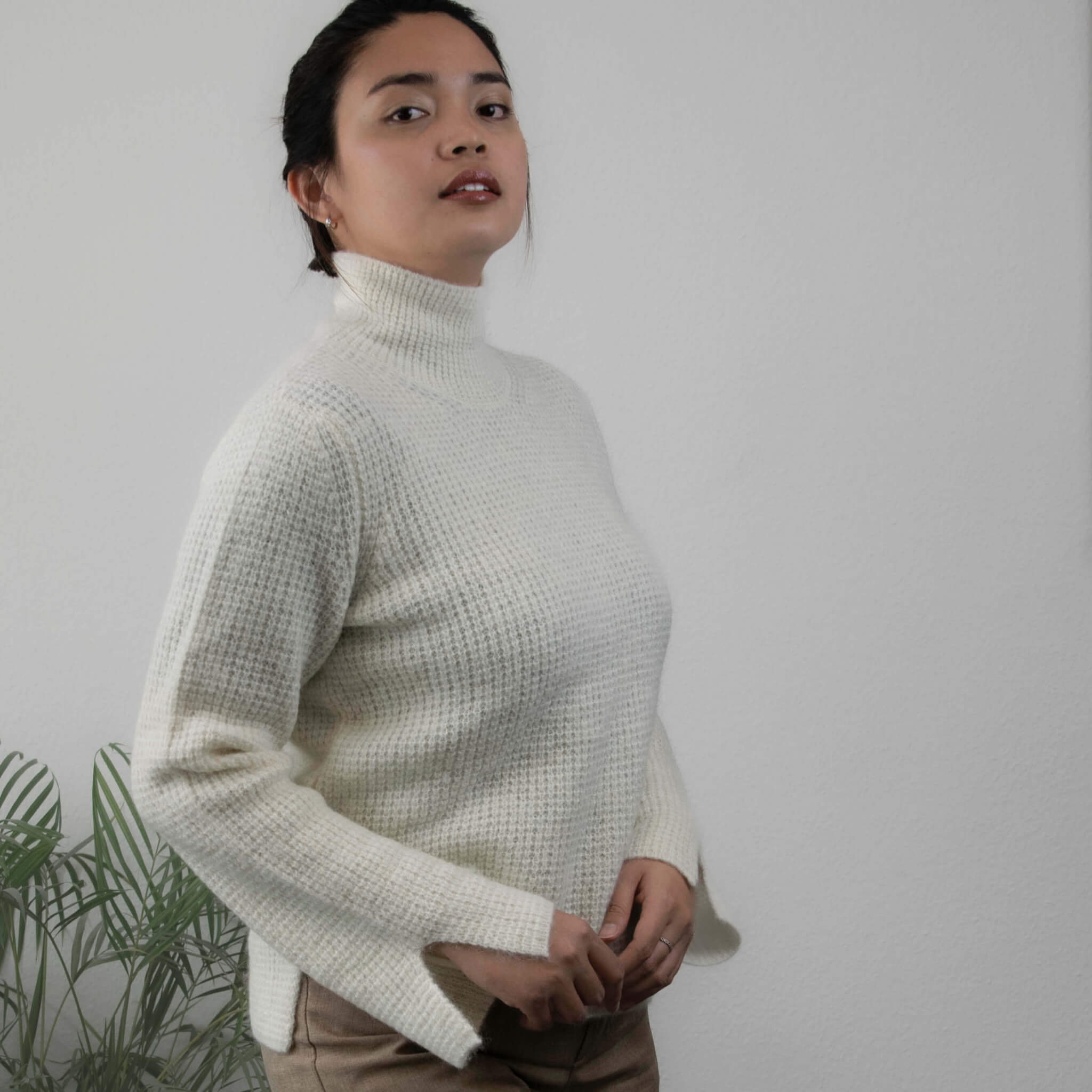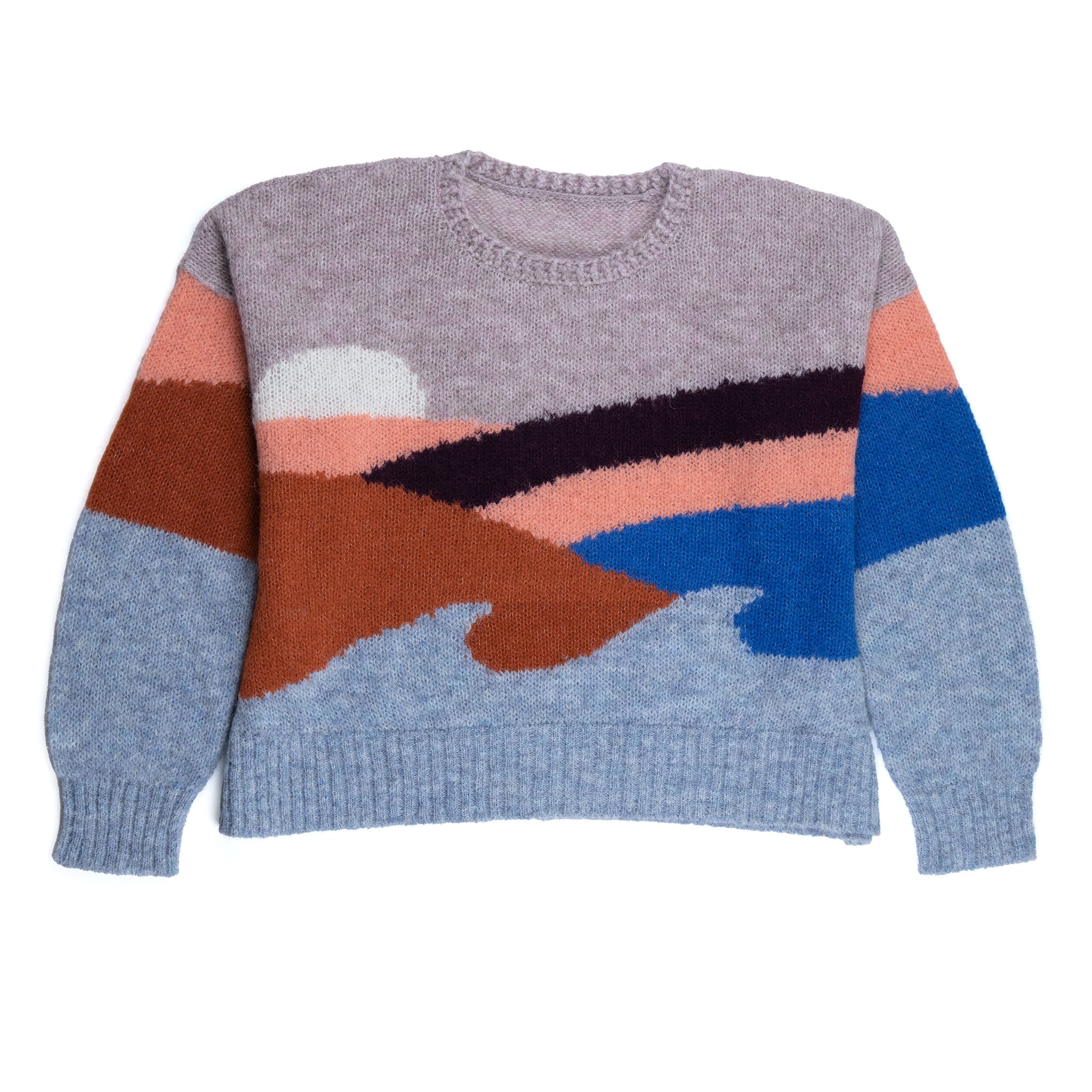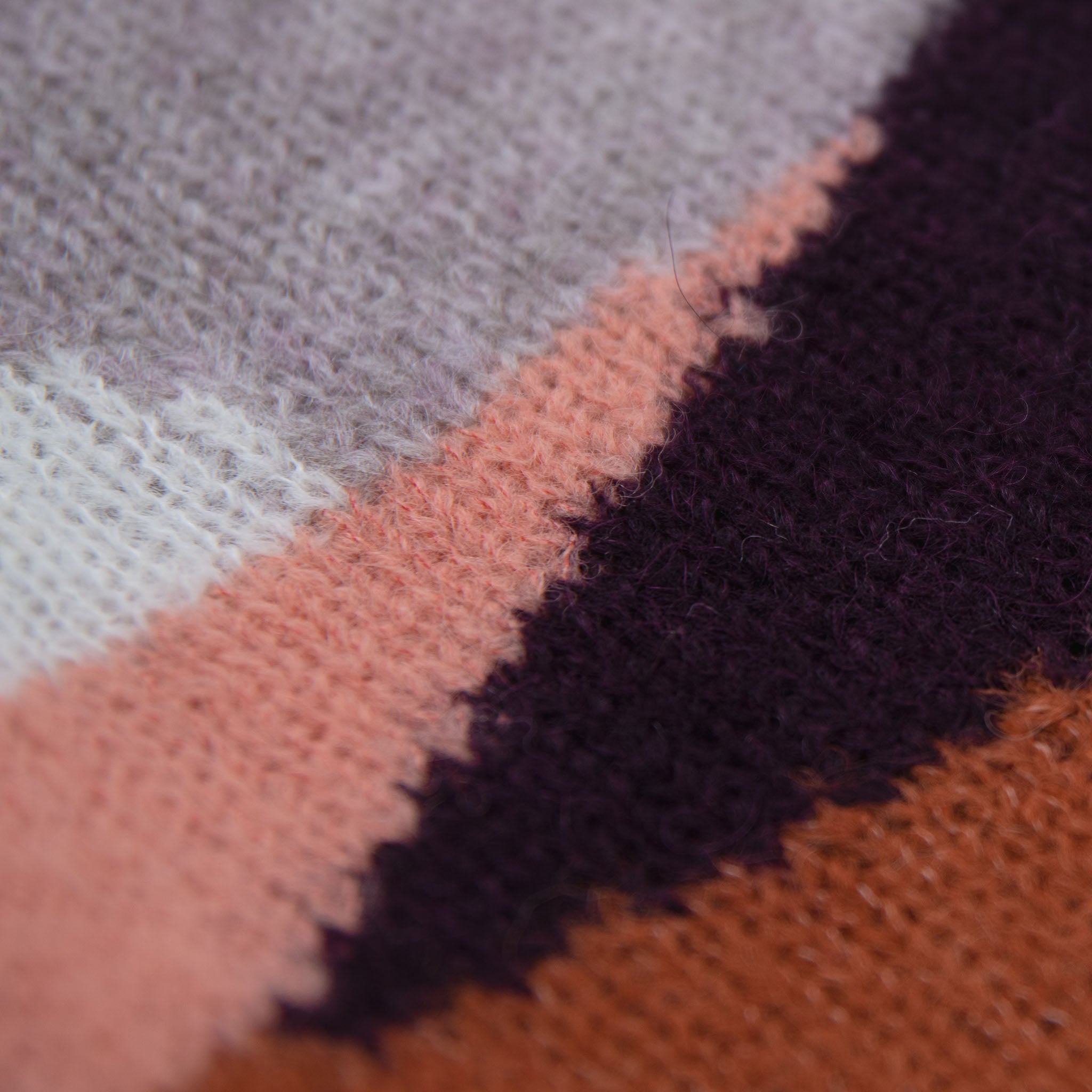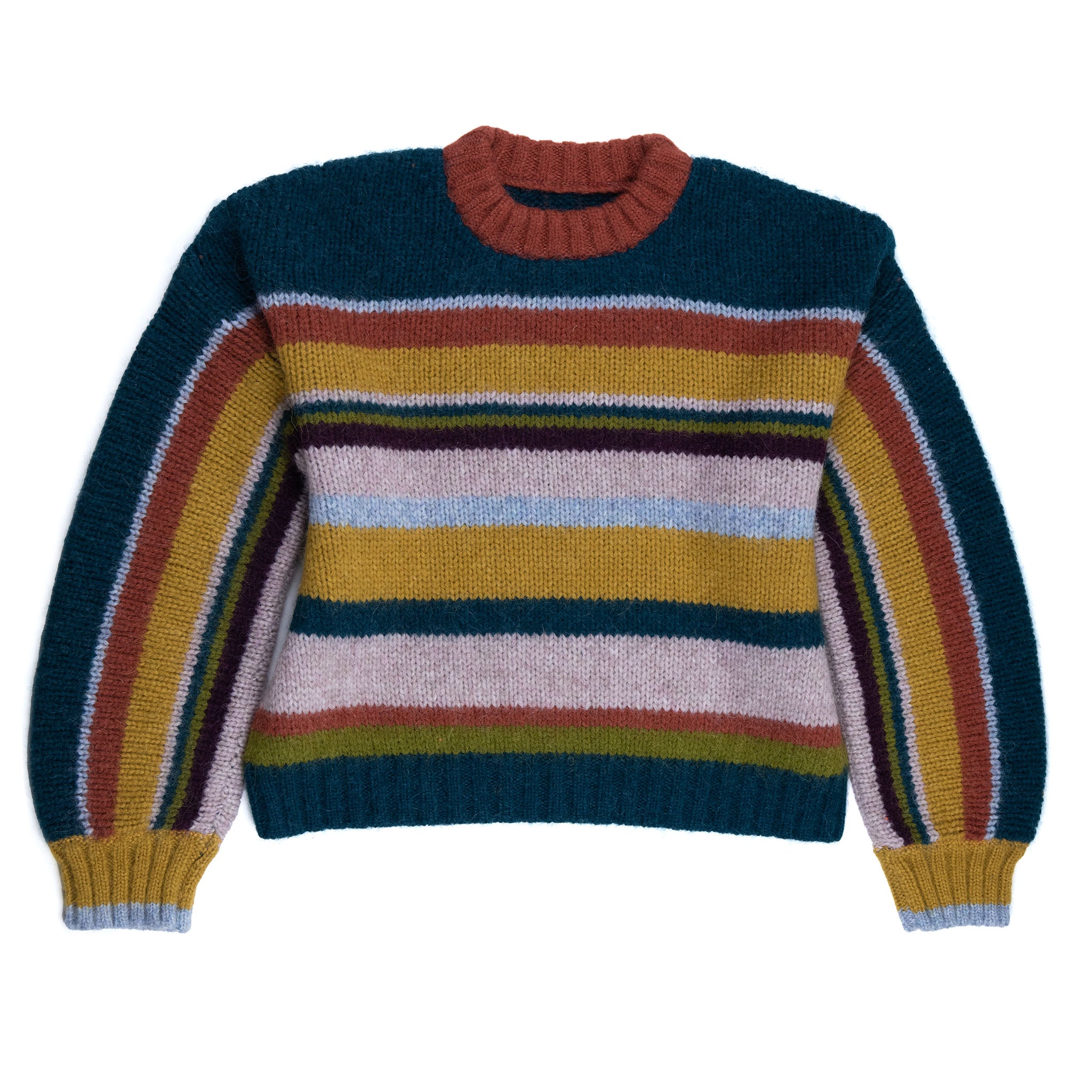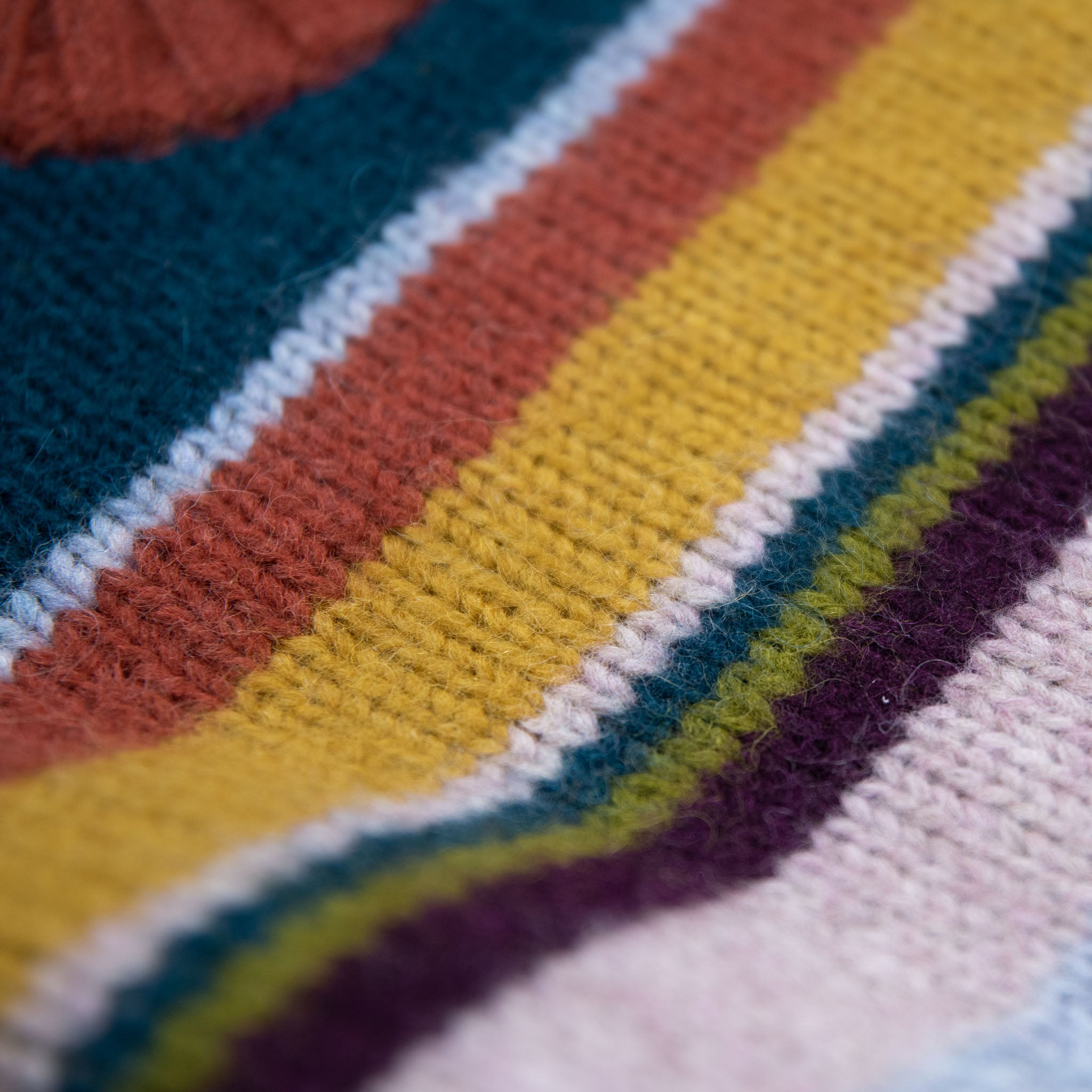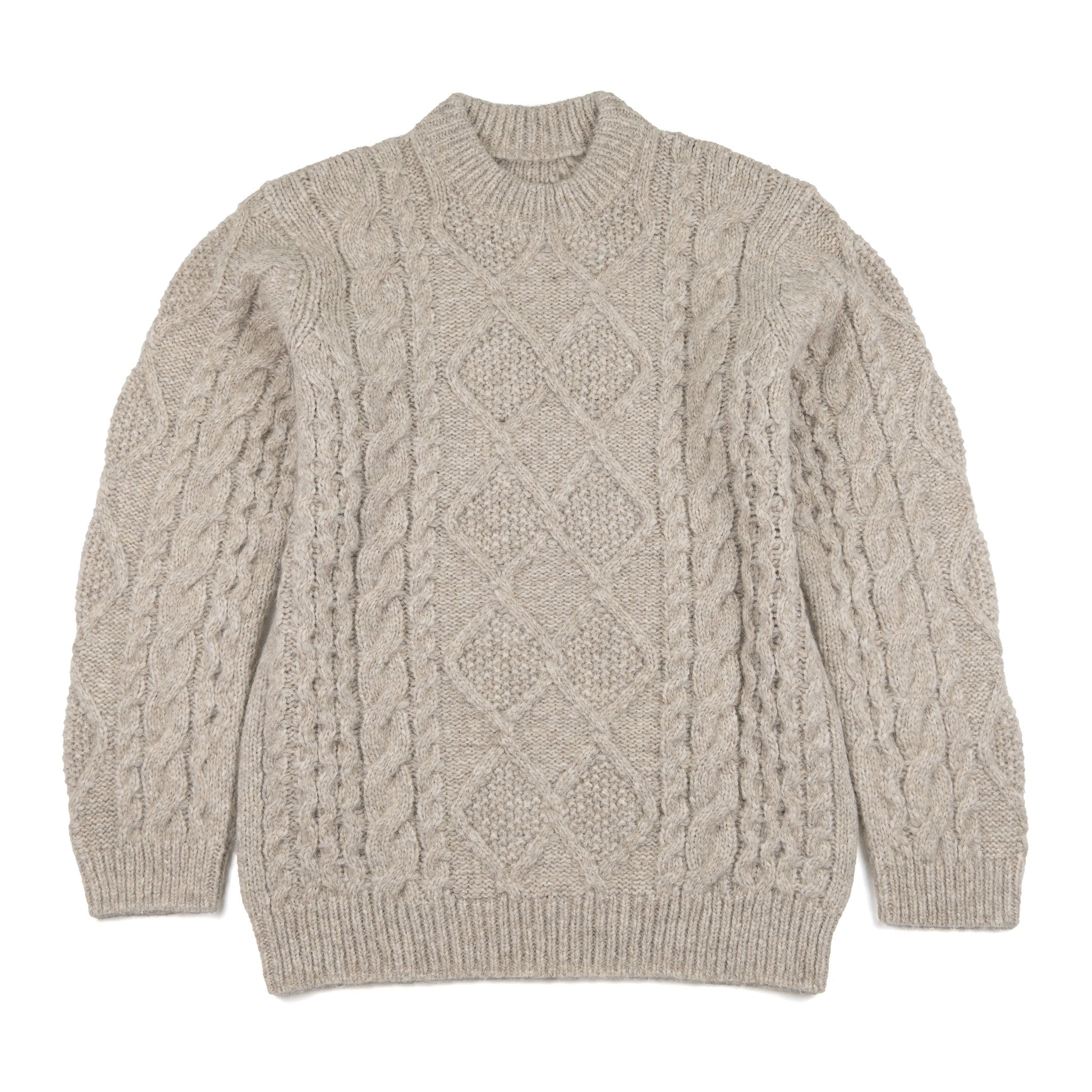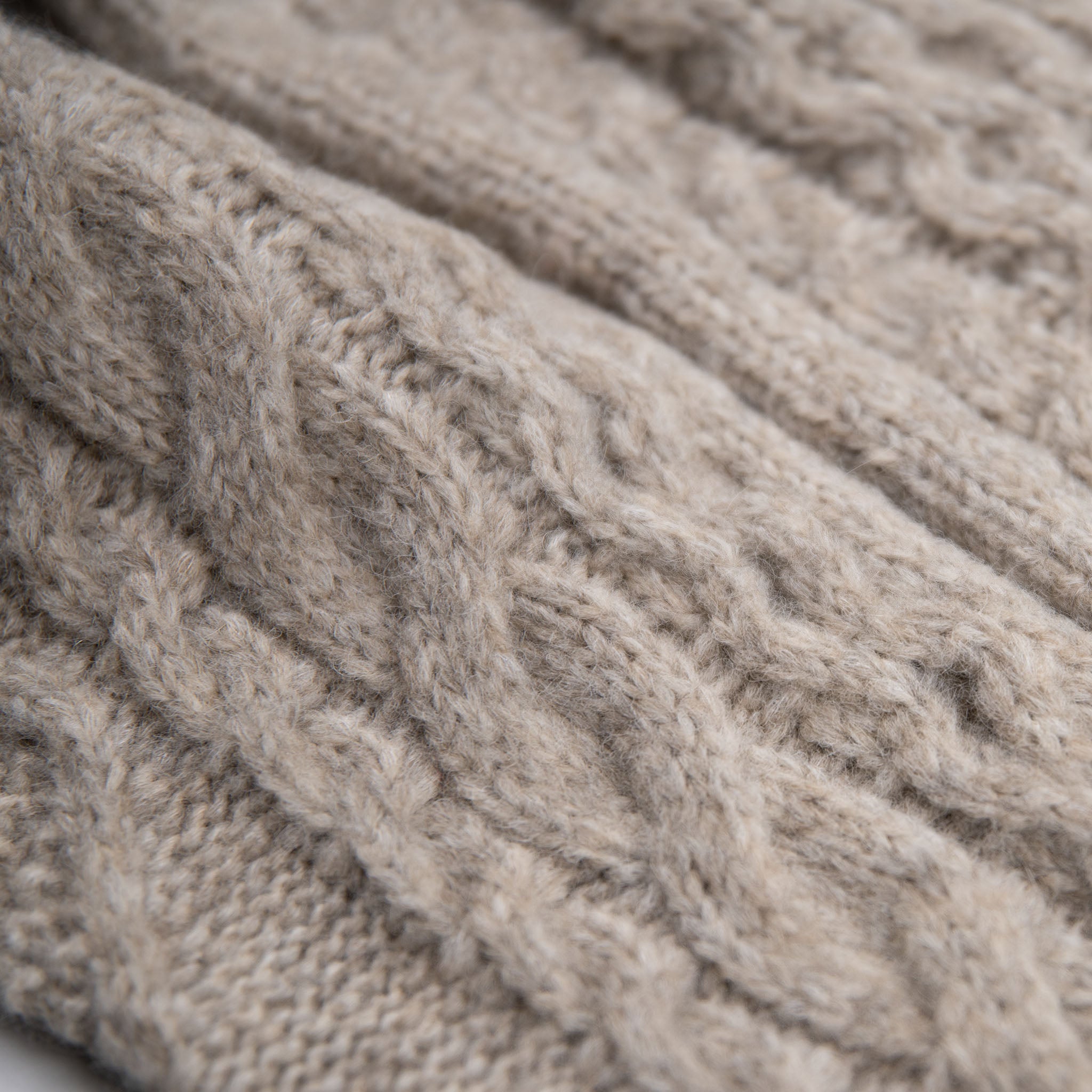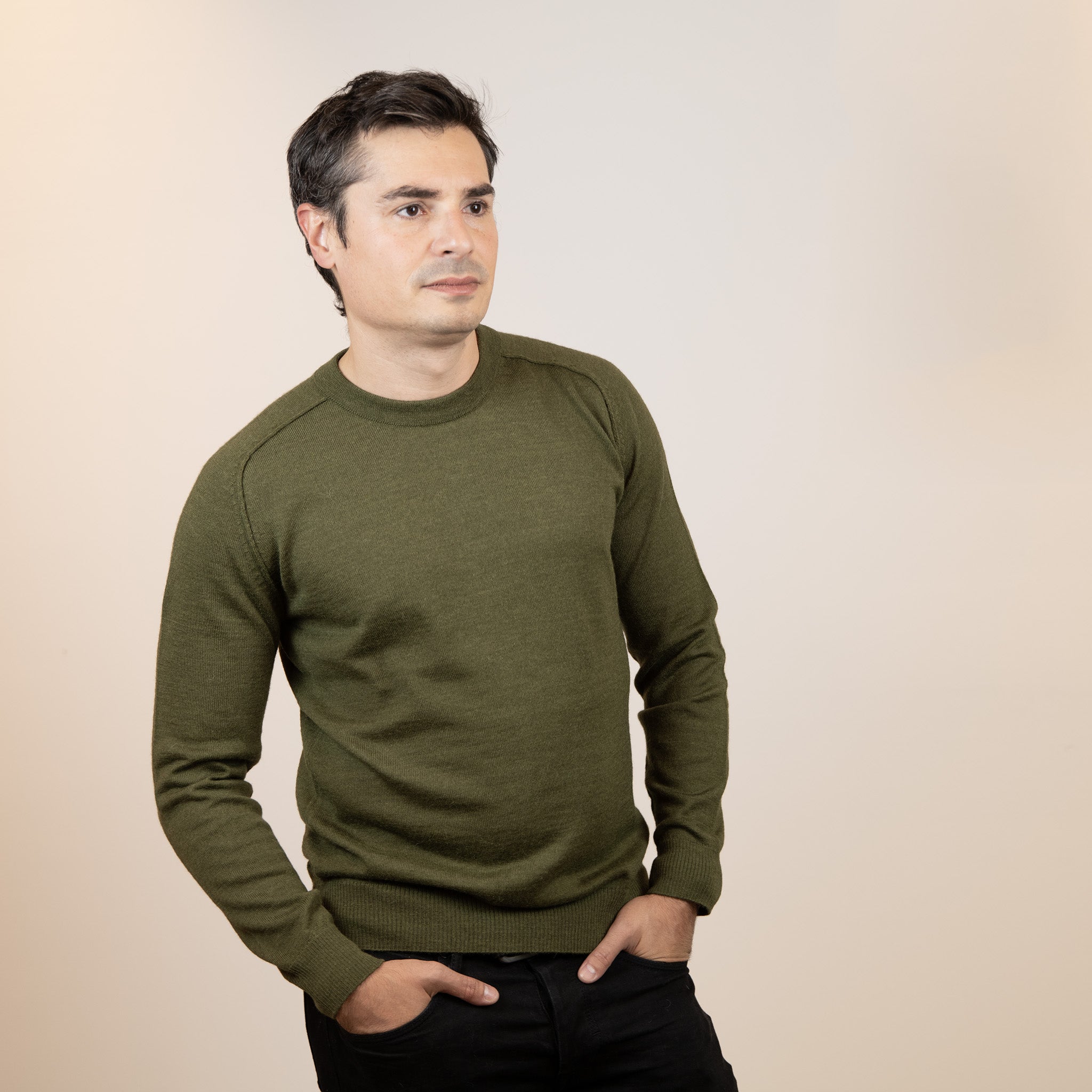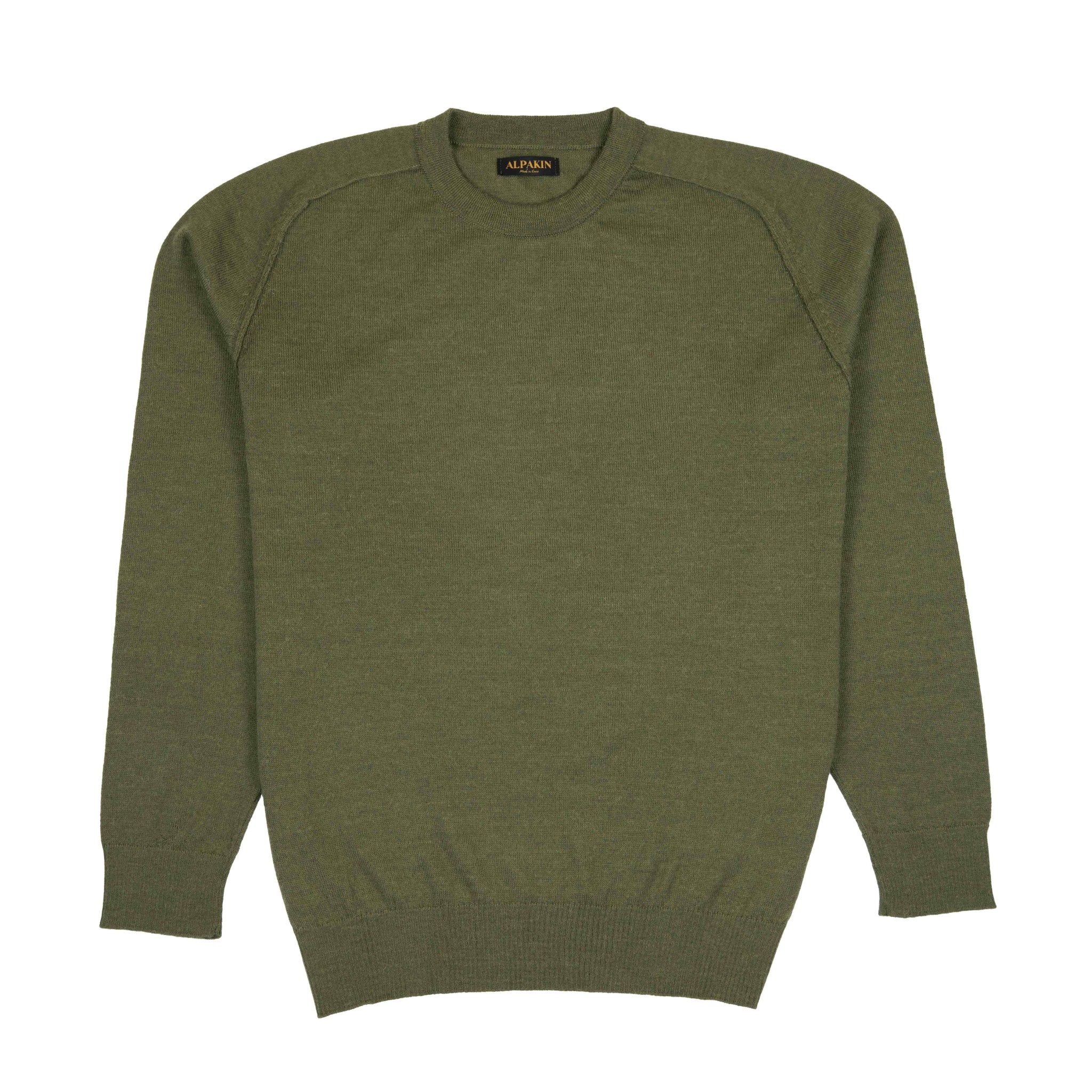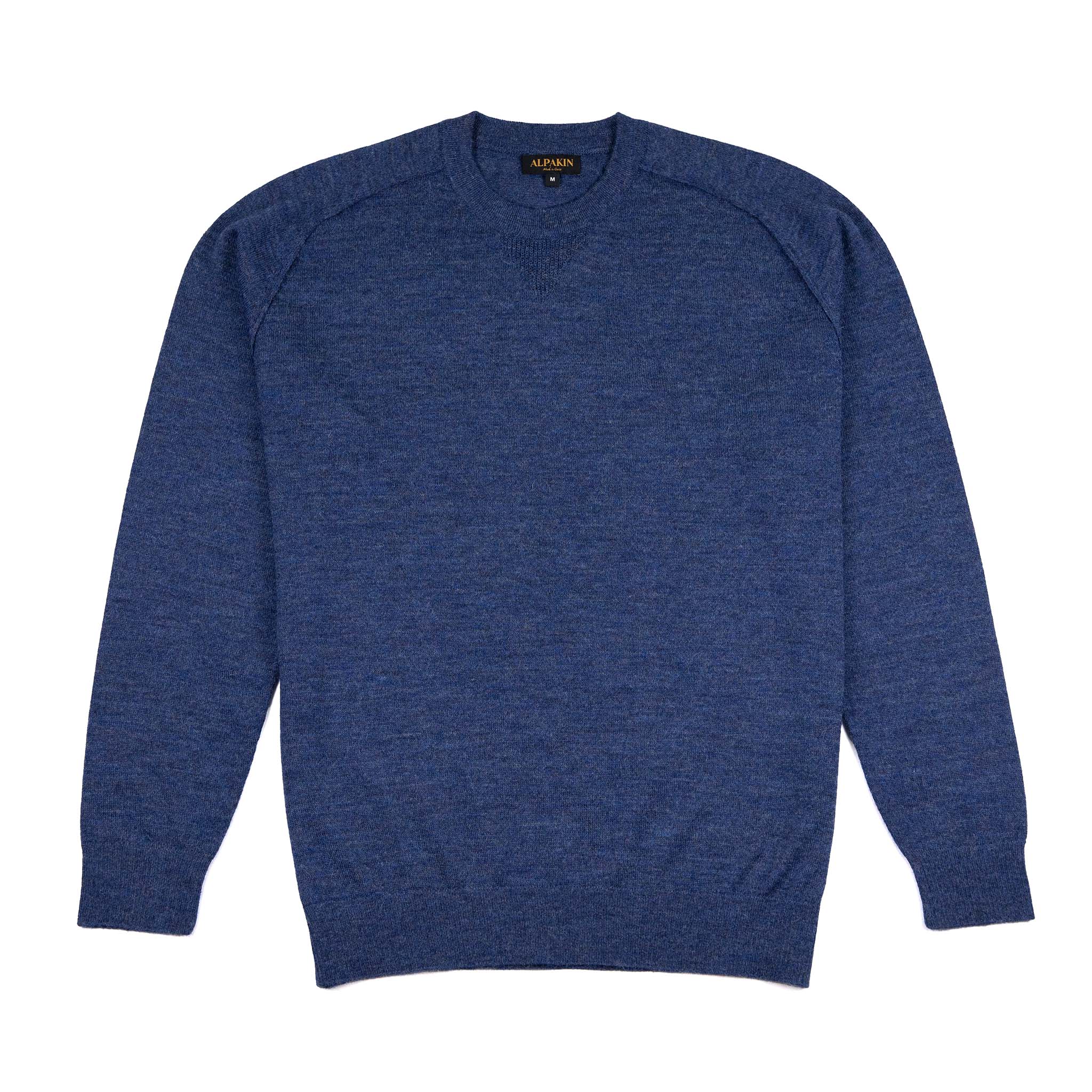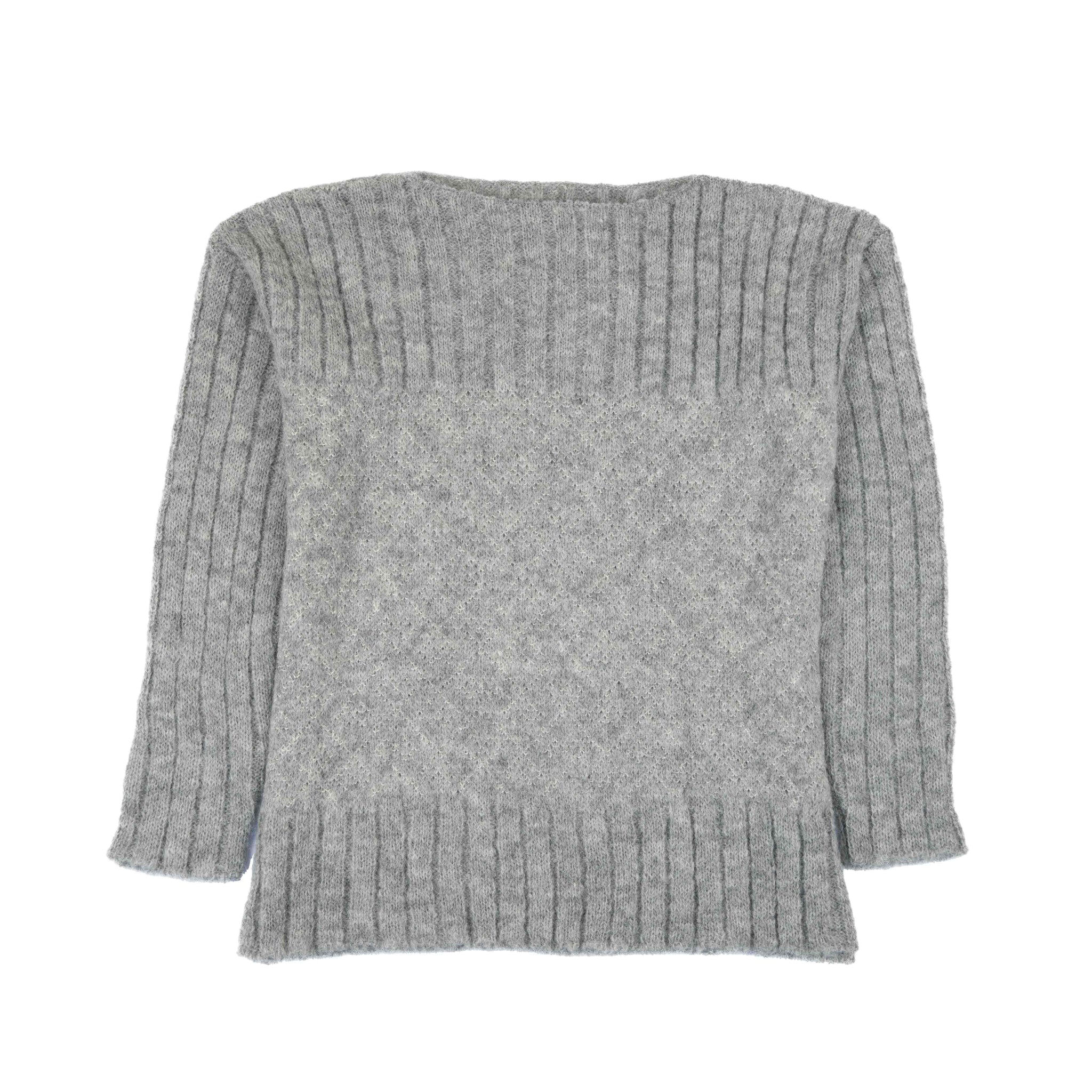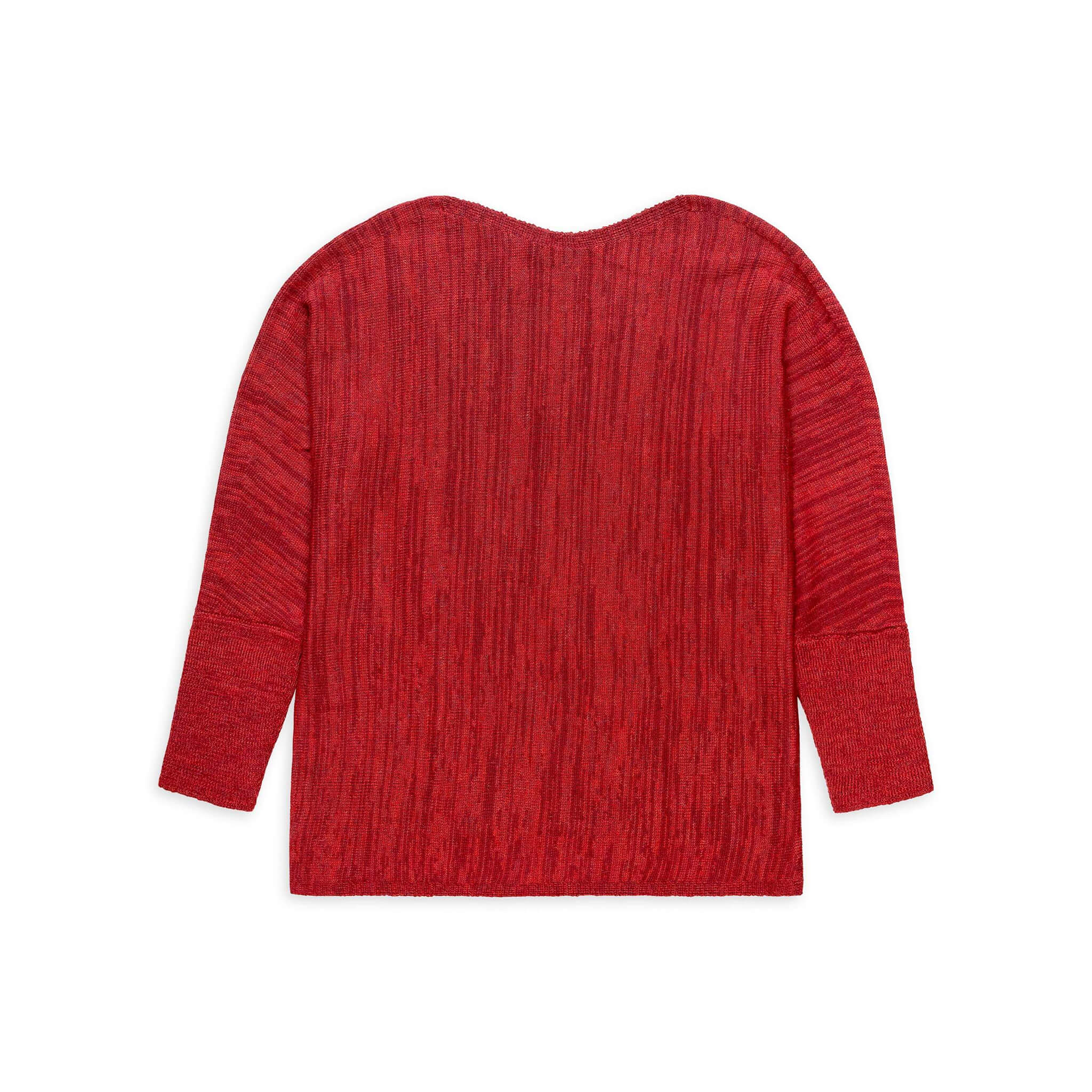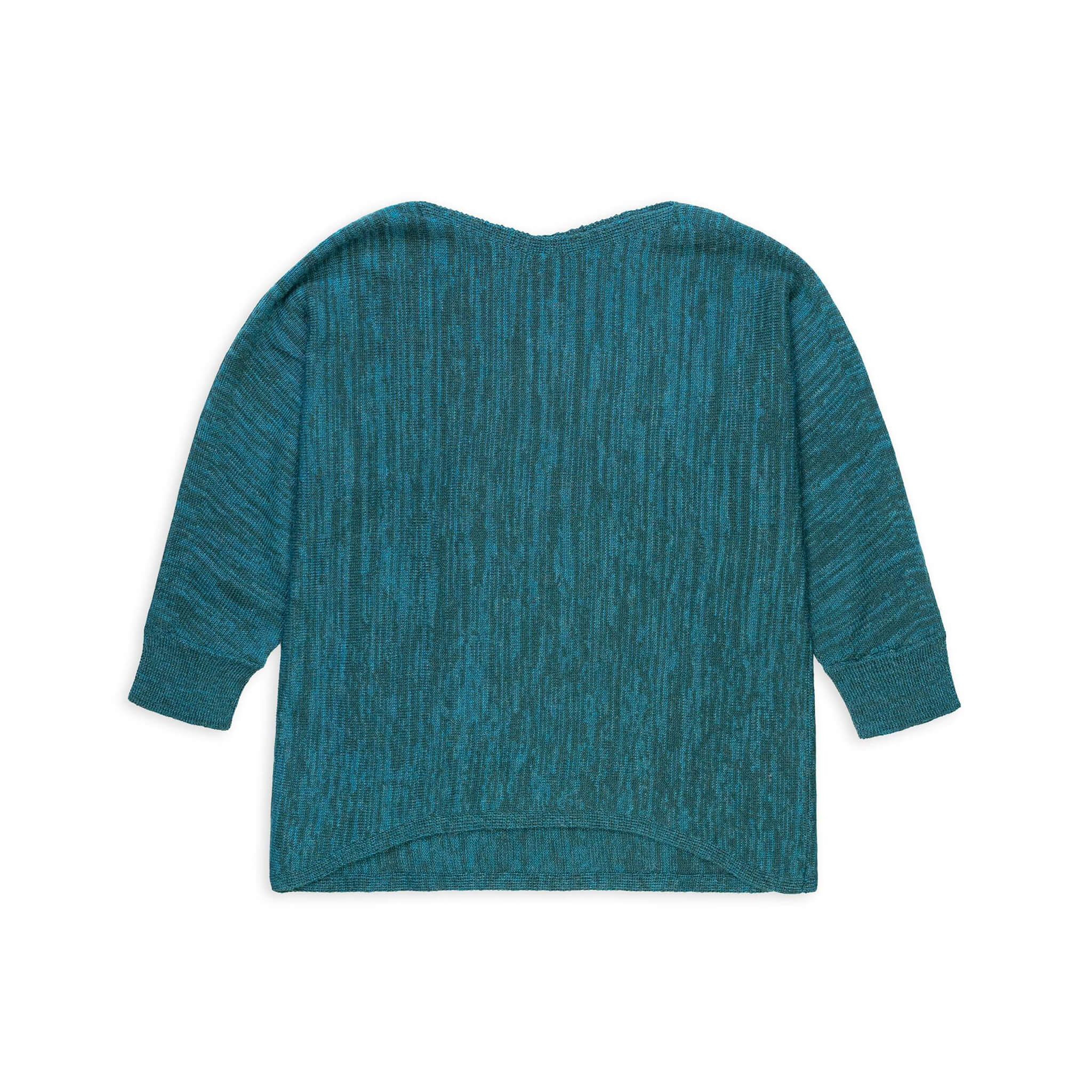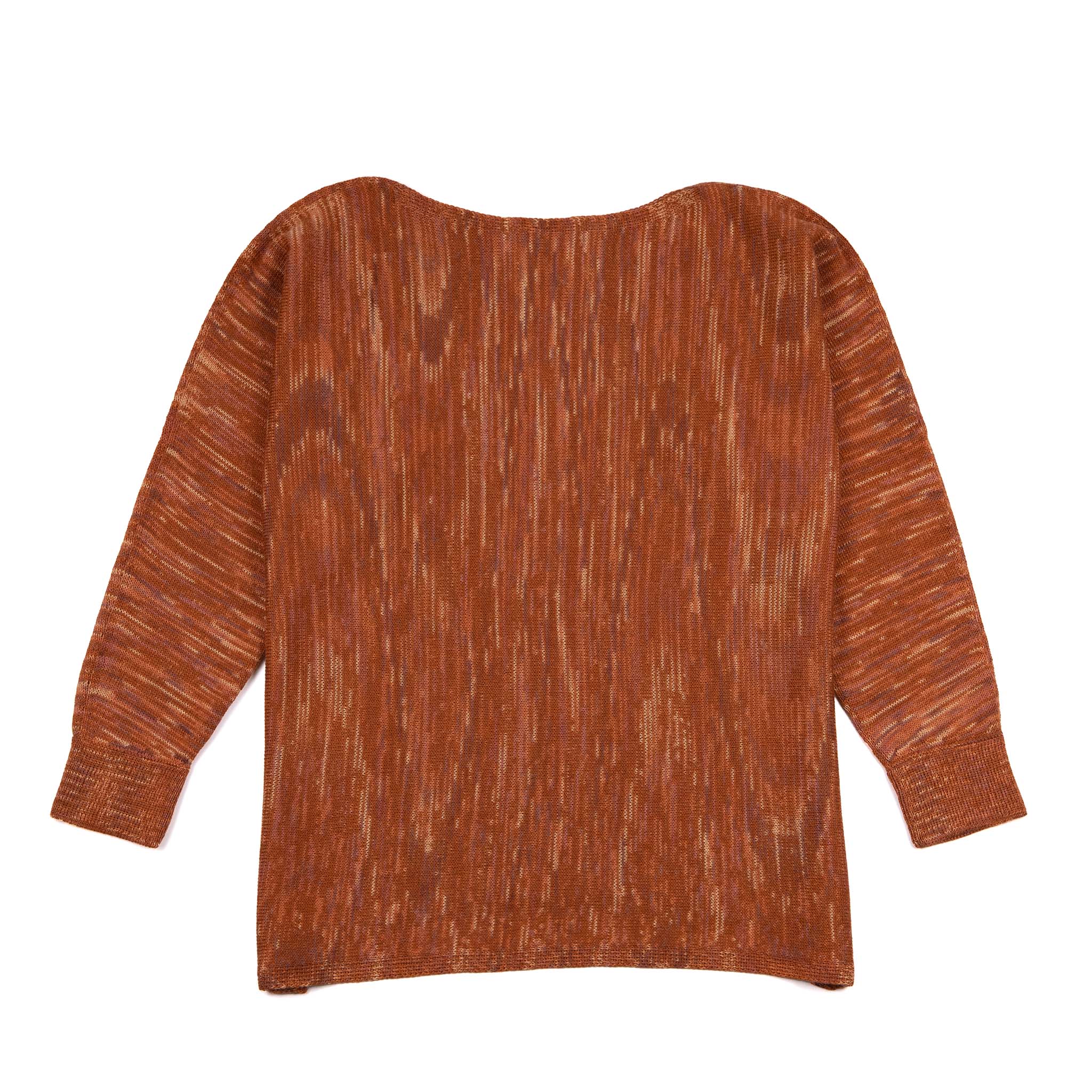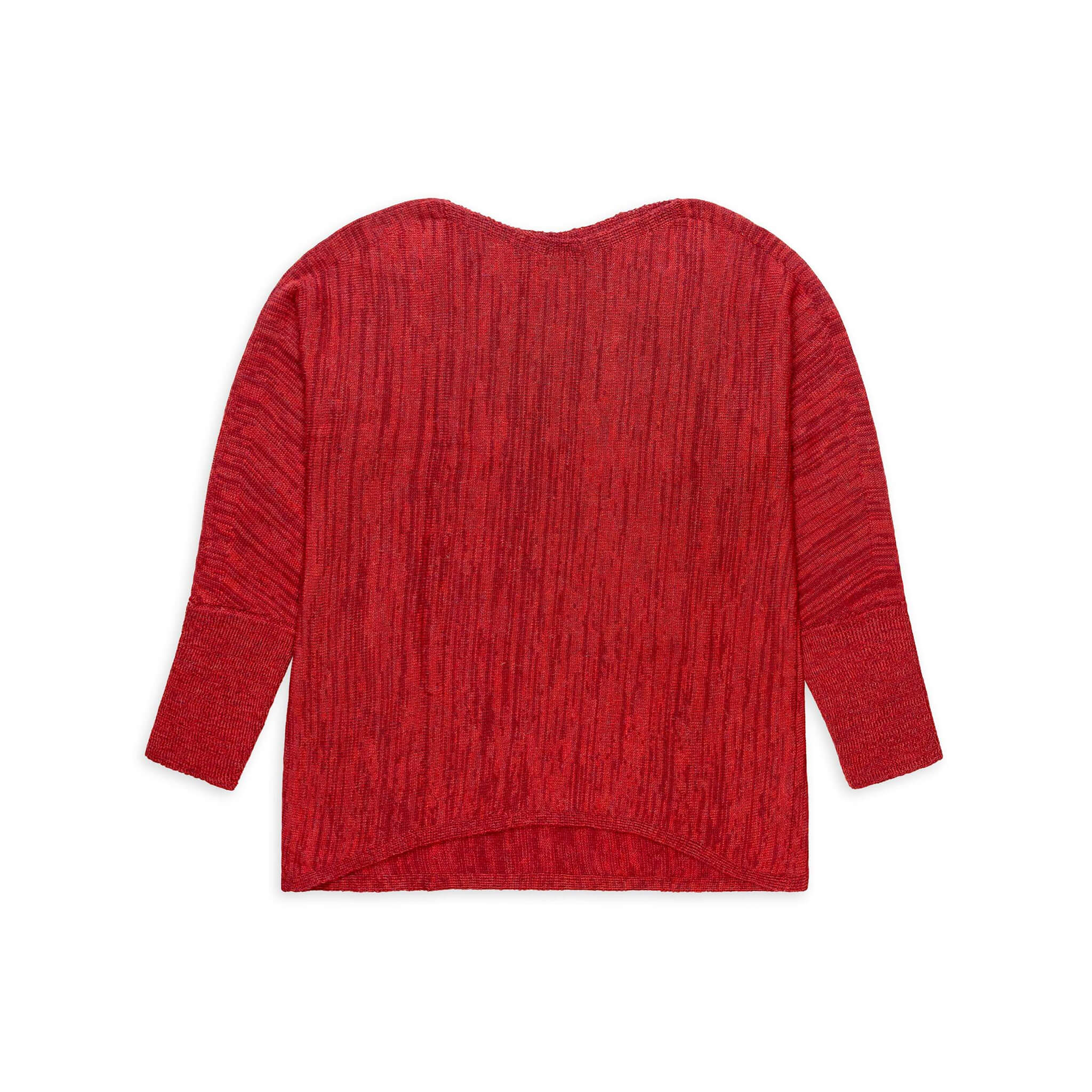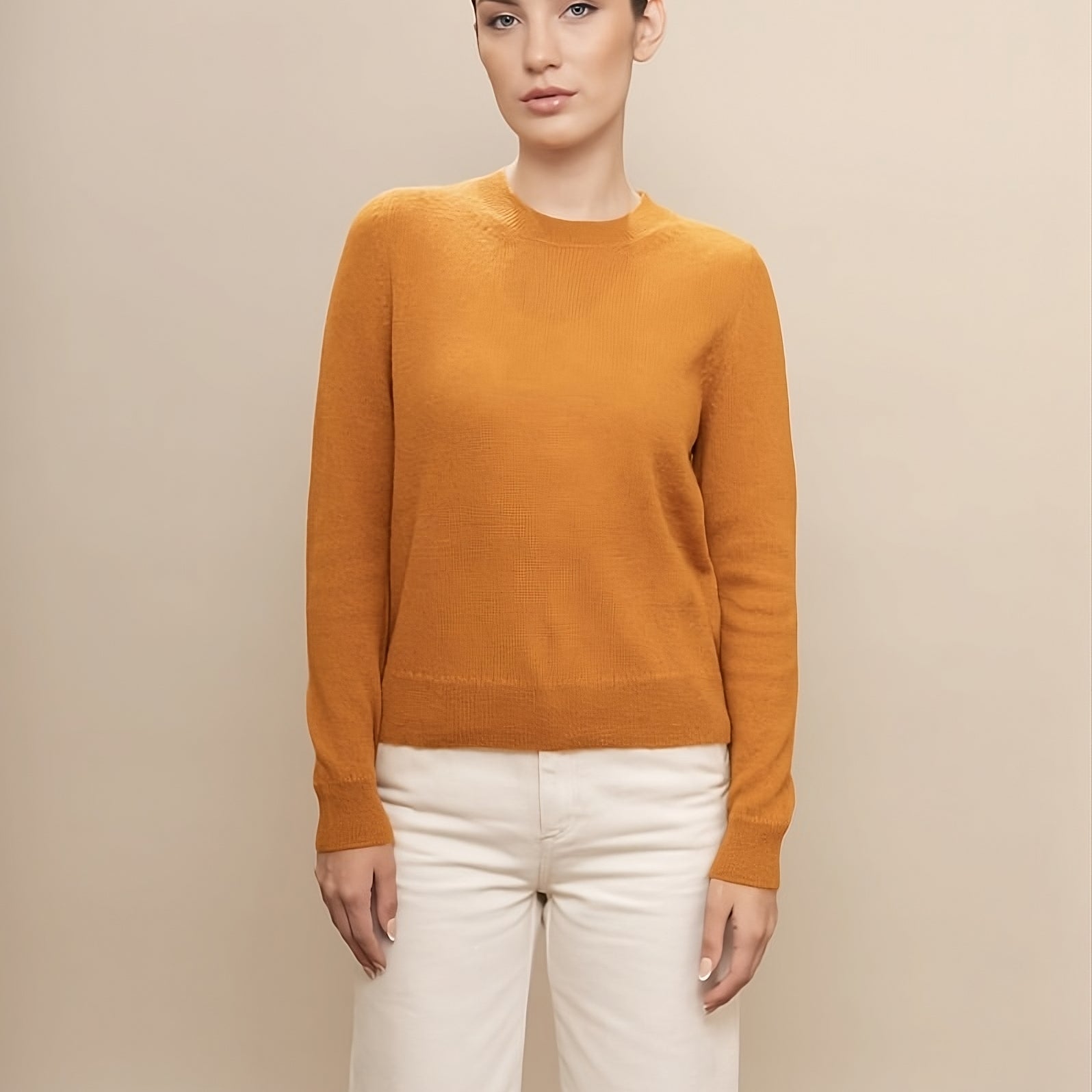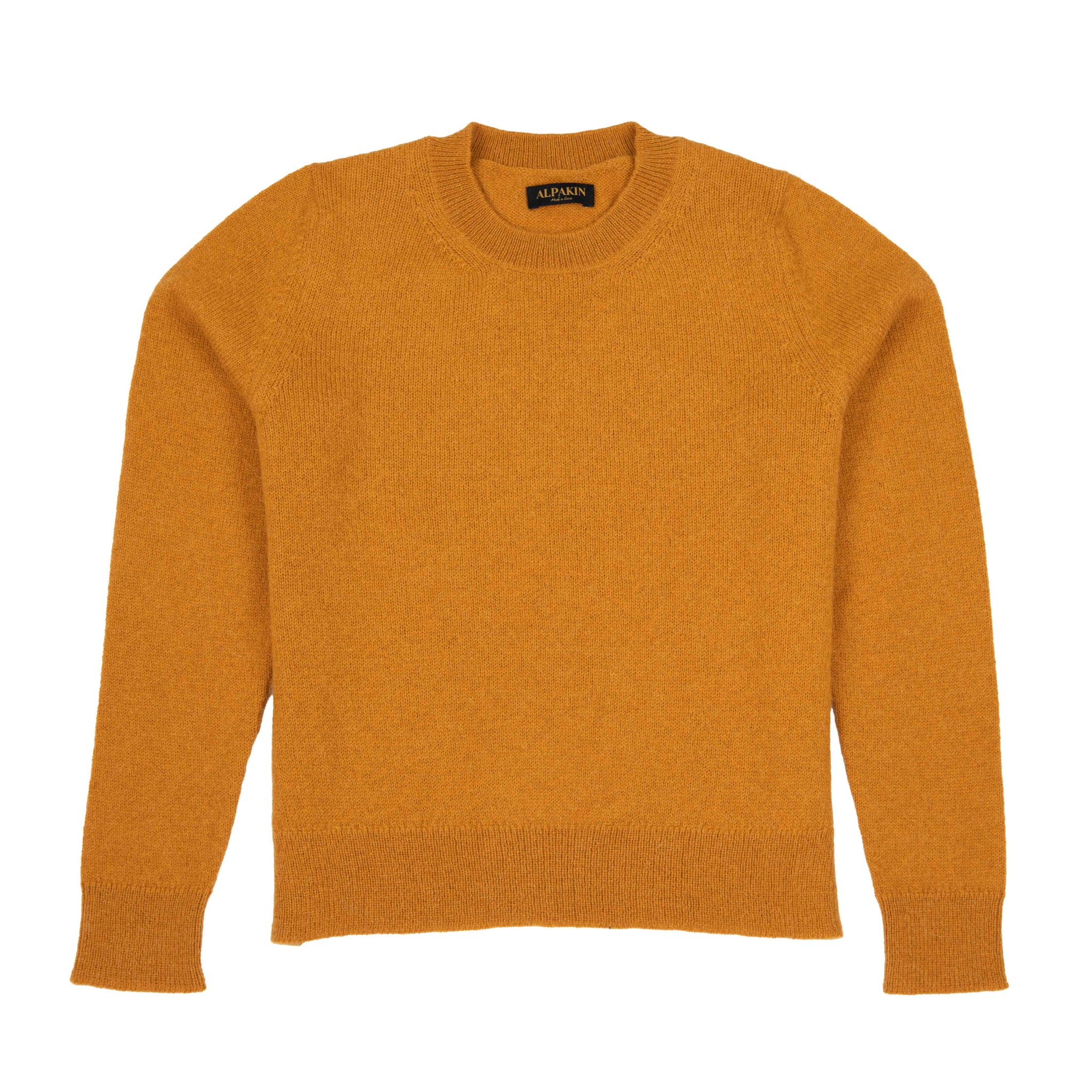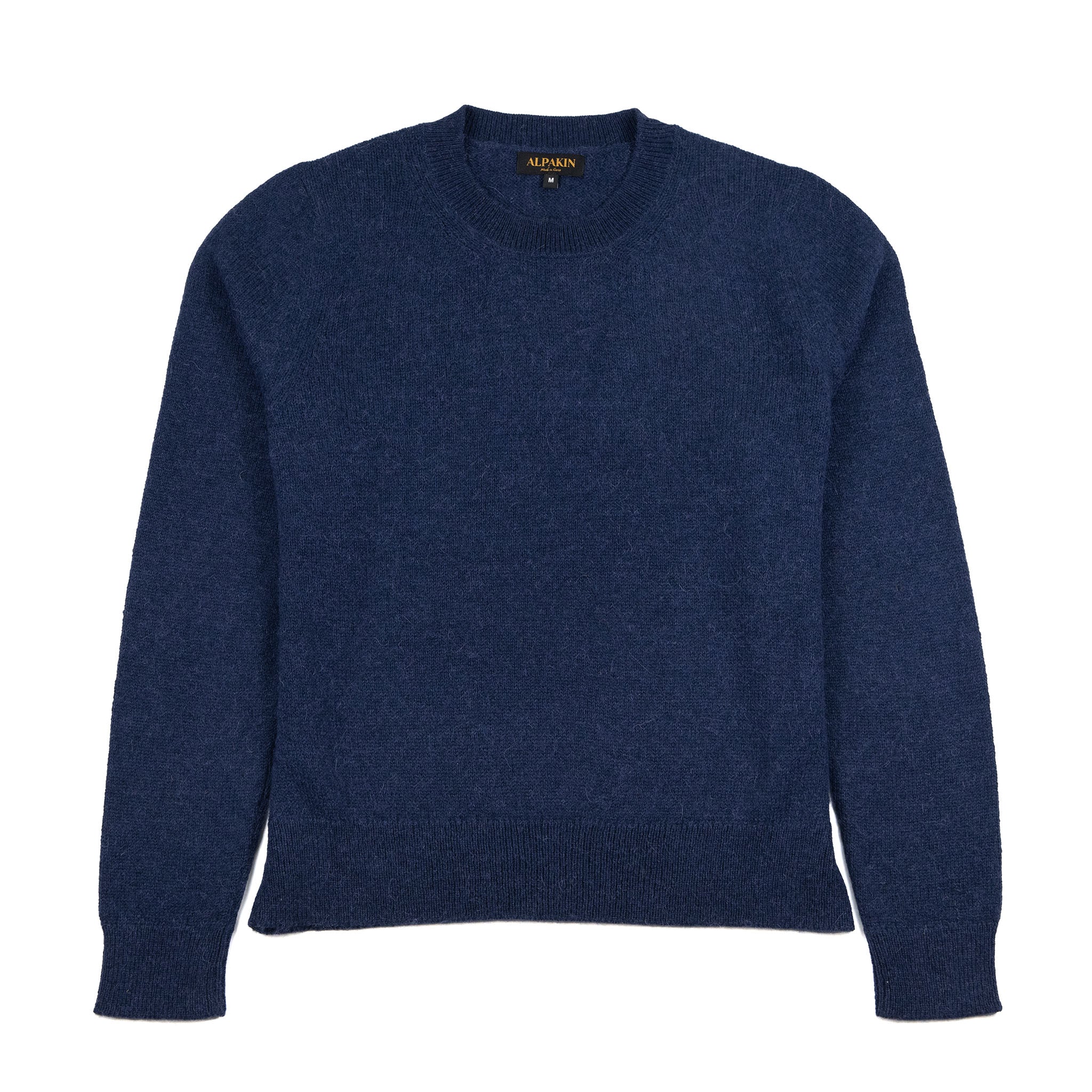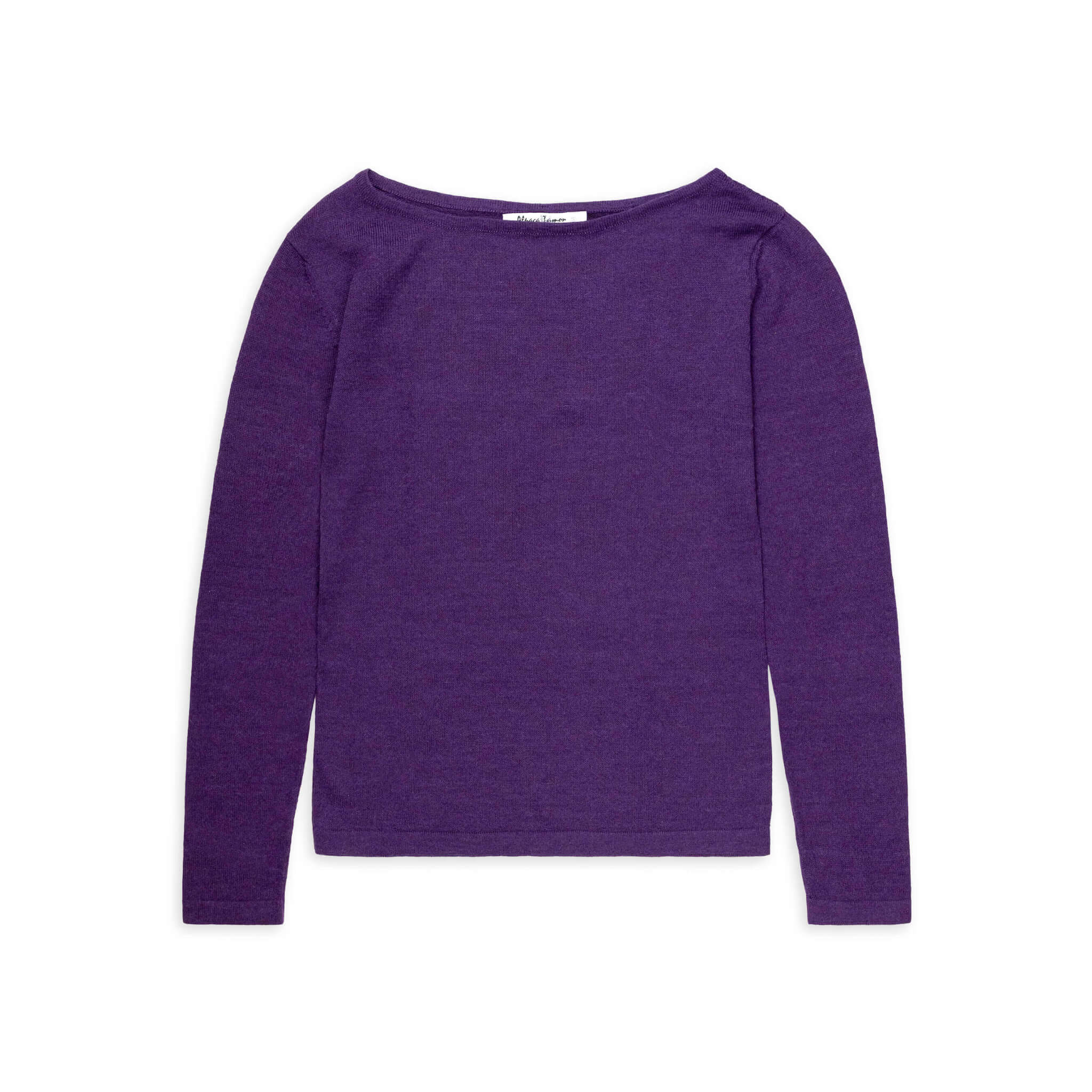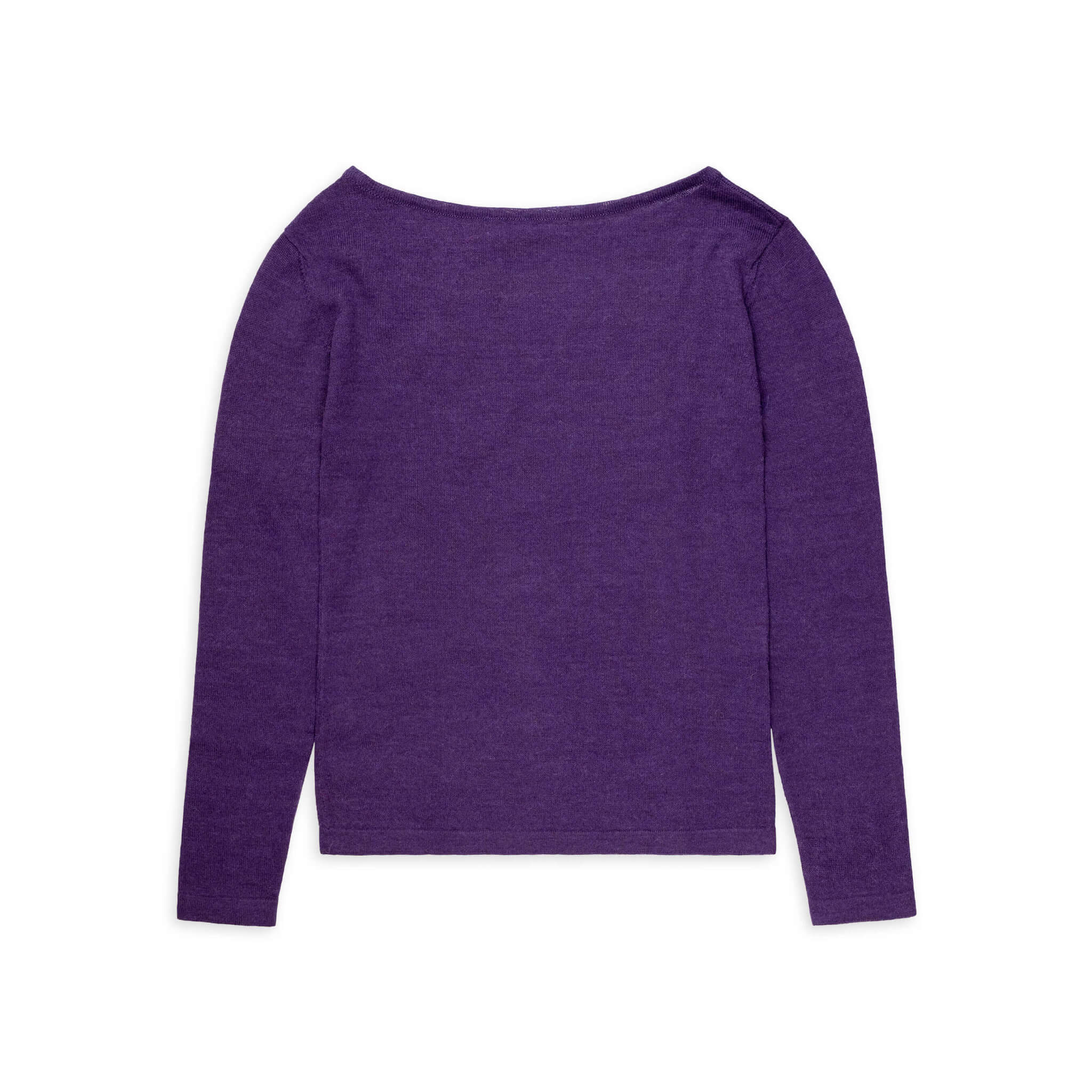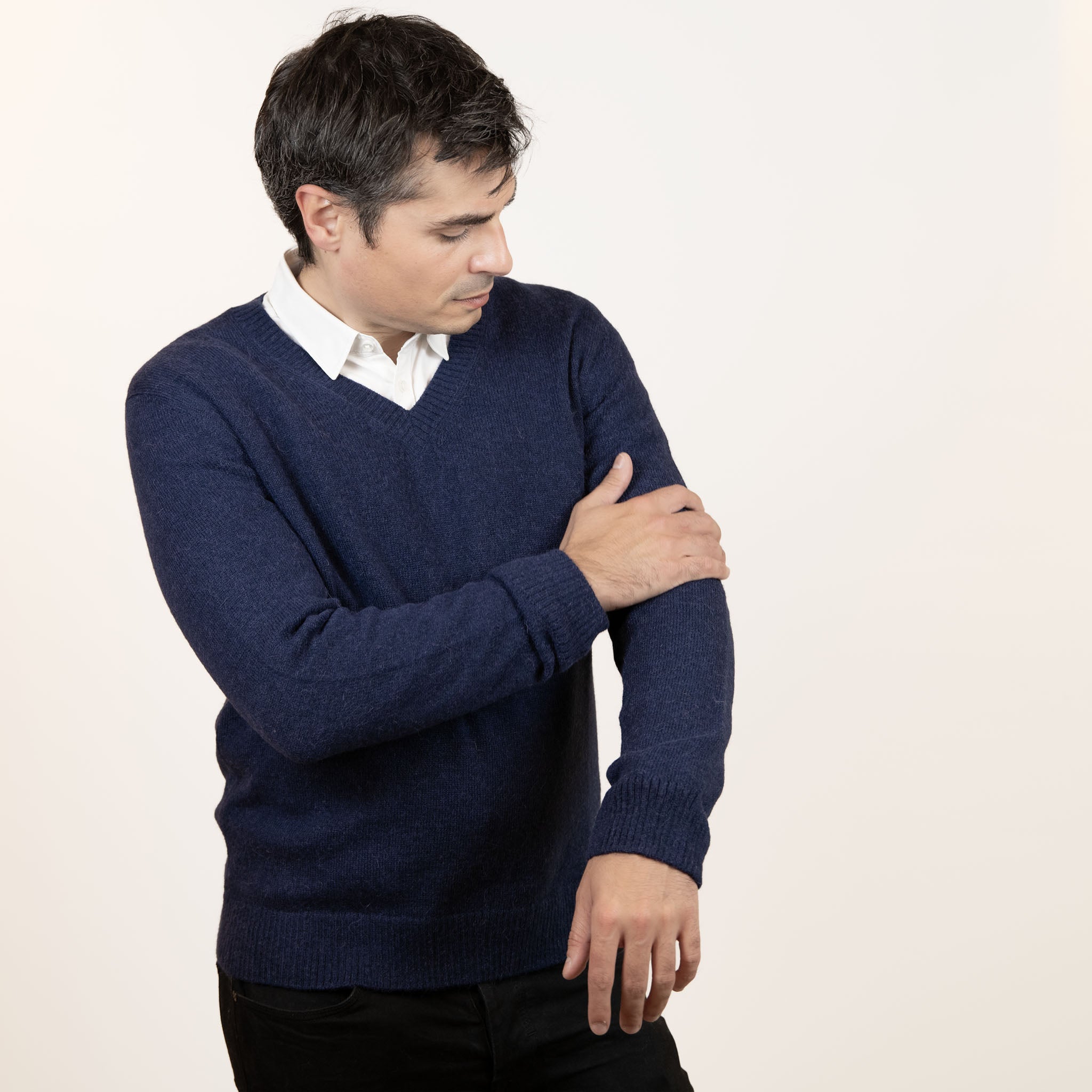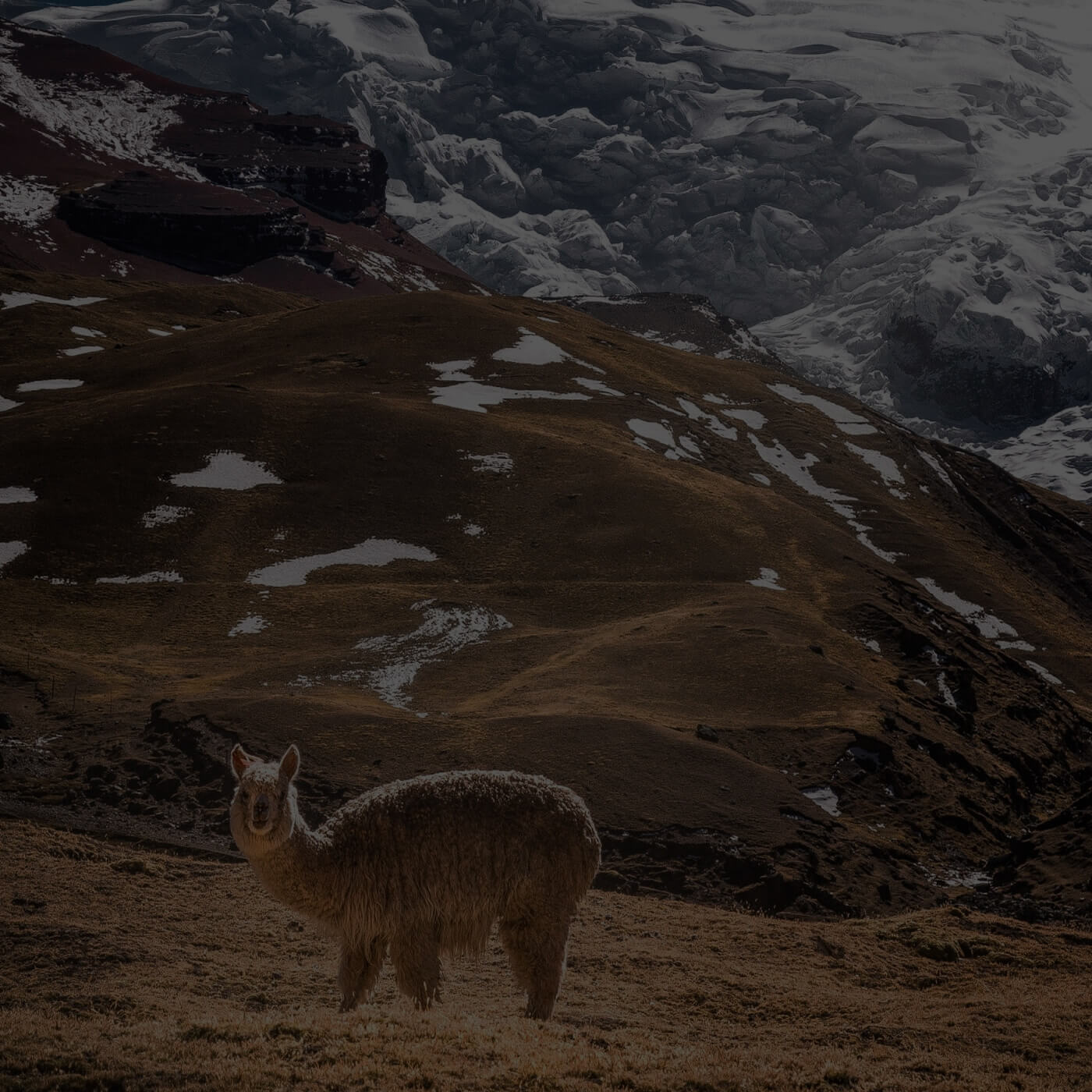
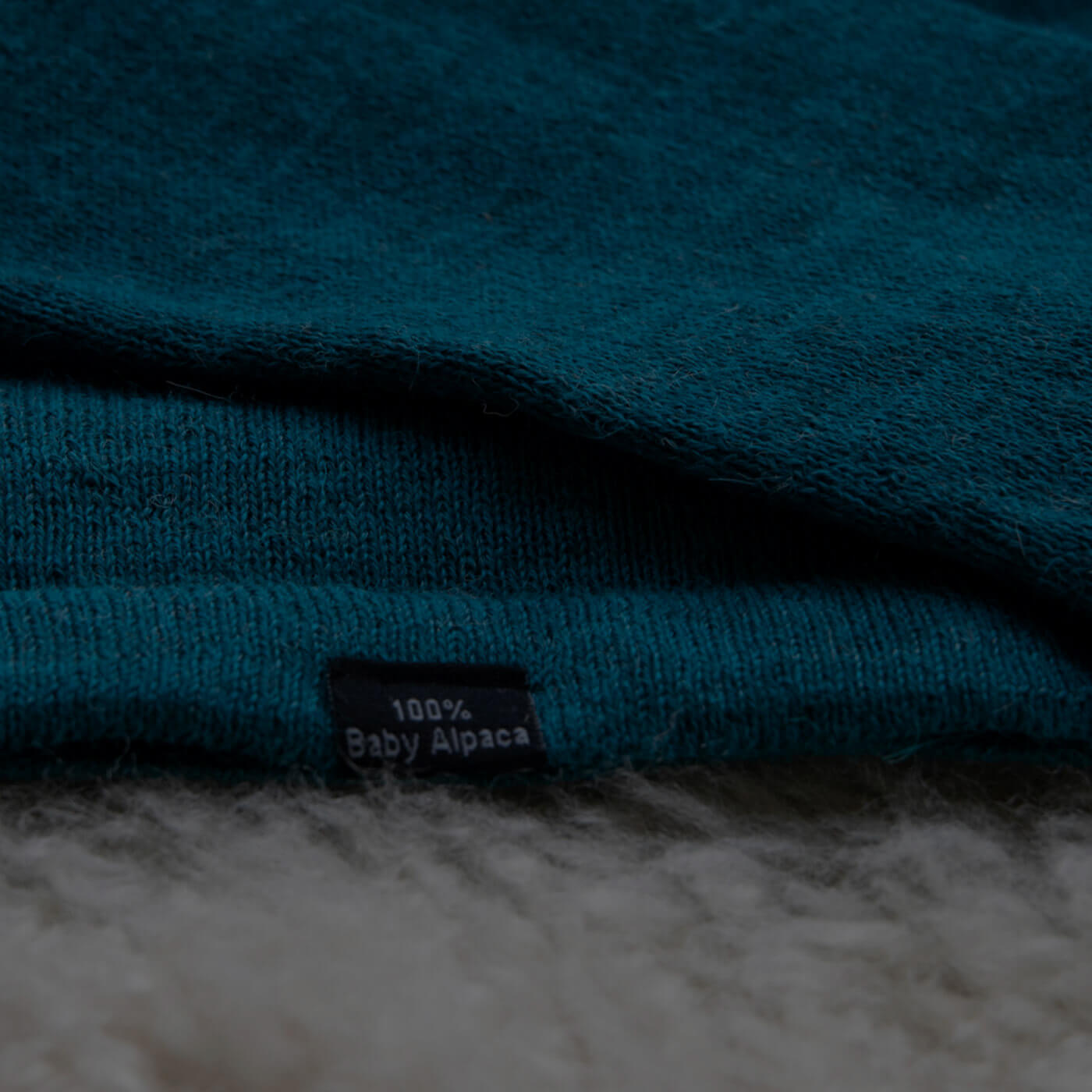
Shipping & Returns

WITHOUT HARMFUL SUBSTANCES
environmentally friendly production
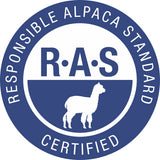
ANIMAL WELFARE
in breeding & wool production
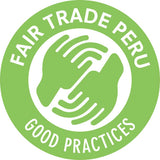
FAIR-TRADE
Fair pay & working conditions
Frequently asked questions about baby alpaca pullovers
What is baby alpaca wool?
Baby alpaca wool is not - as the name suggests - the wool of small alpaca babies or young animals. Instead, baby alpaca is the highest quality alpaca wool, which is only obtained from protected parts of the body. While an alpaca produces up to 6 kilograms of wool, only about 150 - 200 grams of this is baby alpaca quality. The fineness of the alpaca fiber is measured in microns. Baby alpaca is between 19 - 21.9 microns thick and is therefore the finest and softest alpaca fiber, which is just as soft as cashmere.
Is baby alpaca warm?
Alpaca wool is the warmest wool in the world and seven times warmer than sheep's wool. Baby alpaca is not only warm, but is also able to adapt to the temperature, so you won't sweat in thin baby alpaca pullovers. Thick sweaters made of baby alpaca wool are perfect for winter; they warm you and retain your body heat at the same time.
Does baby alpaca wool scratch?
Alpaca wool in the lower quality grades Superfine, Fine and Alpaca can cause a scratchy feeling on the skin, especially for people with sensitive skin. For items of clothing that come into close contact with the skin, such as sweaters or scarves, we therefore always recommend choosing the highest quality baby alpaca. This is as soft as cashmere and is guaranteed not to scratch.
What is special about baby alpaca?
Baby alpaca is indescribably comfortable and convenient. It is soft, warm, breathable and gentle on the skin. If you are going to treat yourself to a premium fiber like baby alpaca wool, we recommend that you go for 100 percent alpaca pullovers and avoid blends. Other types of wool or synthetic materials prevent alpaca wool from developing its outstanding properties. For all its luxury, baby alpaca is also practical. Its fibers are robust and dry quickly; baby alpaca pullovers are durable and easy to care for.
What alternatives do I have to baby alpaca?
If you want something as soft as baby alpaca, cashmere is recommended. However, you will forego the warmth and breathability properties that are particularly important for pullovers, as they are exposed to sweat. Cashmere also has disadvantages when it comes to animal welfare and environmental friendliness, which is why more and more buyers are opting for alpaca instead of cashmere.
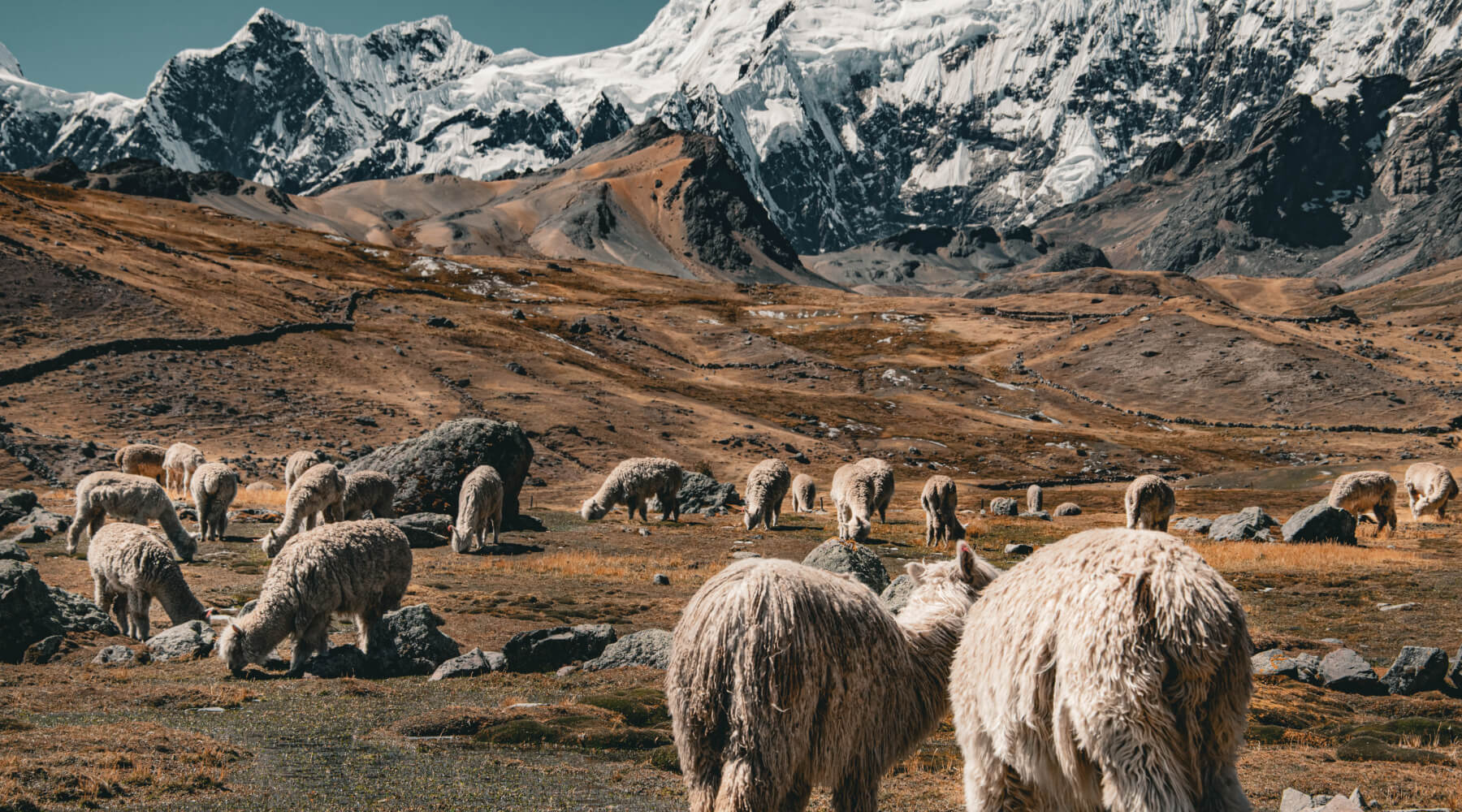
Geboren in den Anden
In den Höhen wächst die Wolle heran, die uns Wärme schenkt - im Einklang mit der Natur.
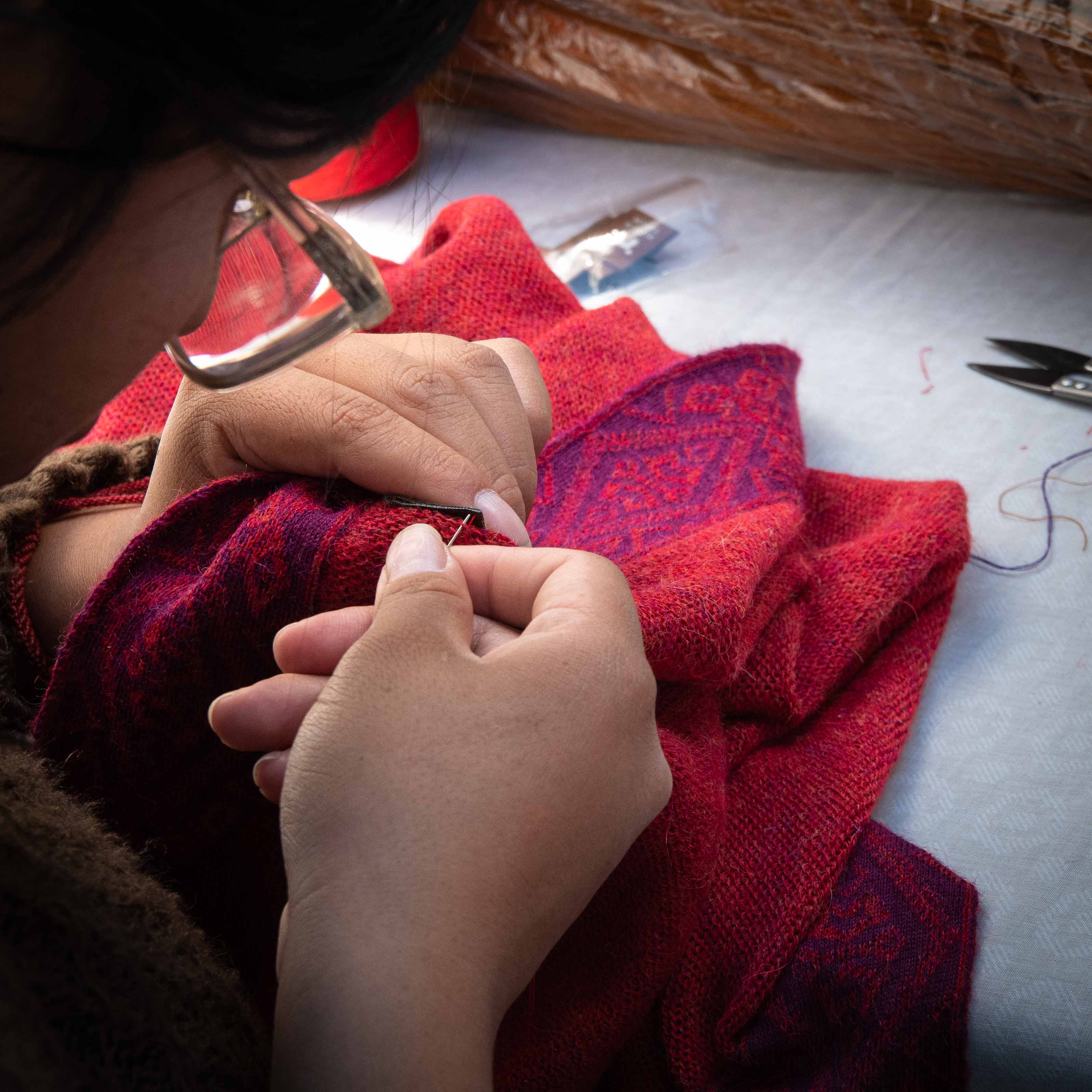
Echte Handarbeit, kein Fließband
Talentierte Schneider:innen fertigen mit Leidenschaft - ohne Ausbeutung oder Kinderarbeit.

Mehr als ein Kleidungsstück
Wärme und Komfort, wie du es noch nie erlebt hast. Damit auch du profitierst.
Wo liegt der Unterschied zwischen Babyalpaka und Alpaka?
Alpakawolle ist nicht gleich Alpakawolle, sondern in fünf unterschiedlichen Qualitäten erhältlich. Diese unterscheiden sich in ihrer Weichheit und in ihrem Komfort. Babyalpaka ist die feinste Qualitätsstufe der Alpakafaser - und hat nichts mit dem Alter des Tieres zu tun. Stattdessen beschreibt sie die feinste und weichste Wolle, die nur von geschützten Partien des Fells gewonnen wird. Im Vergleich zu herkömmlicher Alpakawolle ist Babyalpaka wärmer, weicher, glatter und hautfreundlicher - perfekt für all diejenigen, die Wolle sonst als kratzig empfinden. Auch ist sie besonders leicht im Gewicht und trägt sich wie ein Hauch von nichts.
Die niedrigere Qualitätsstufe Alpaka hingegen kann durchaus kratzen, da die Fasern weniger fein sind. Ein Pullover aus Babyalpaka ist ein Premium Kleidungsstück, das genauso weich wie das bekannte Kaschmir ist. Und dabei seltener und nachhaltiger, da Alpakawolle bis heute nicht in Masse gewonnen wird. 100 Prozent Babyalpaka Pullover sind nicht nur ein Kleidungsstück, sondern ein Gefühl - sanft, luxuriös und einzigartig.
Baby alpaca sweater from Alpakin – animal welfare guaranteed
Pictures and videos of alpaca shearing on large farms in Peru are circulating on the Internet, showing how alpacas are mistreated for their wool. Interested parties should therefore find out before buying whether the wool was obtained without animal cruelty. Our alpaca pullovers for women and alpaca pullovers for men are made from animal welfare-certified wool, with no exceptions. We source the wool for our clothing from Peru from the supplier Michell & Co. The company has the international Responsible Alpaca Standard (RAS), a seal that guarantees that the South American camels are kept in a species-appropriate manner.
Alpacas are domesticated animals and descended from wild vicuñas. Alpacas have to be sheared once a year to prevent them from overheating. The breeding of alpacas for their fine wool dates back to the Inca era. Even then, baby alpaca was reserved for the nobility due to its indescribable softness and was therefore also known as the fleece of the gods. If you want something even more exclusive than a baby alpaca pullover, we recommend vicuña wool - the most expensive wool in the world. A vicuña sweater, however, costs several thousand euros.

